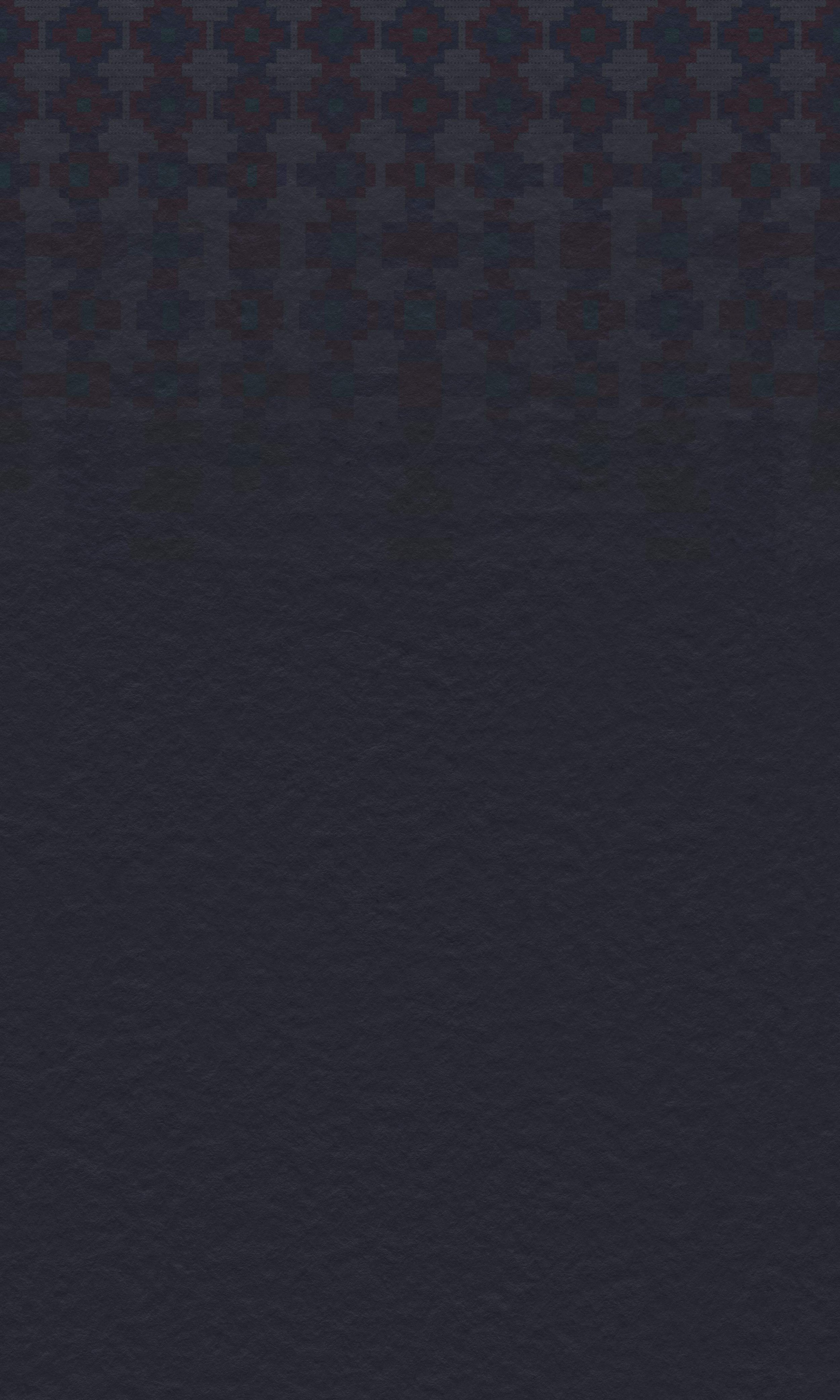
Raven Eye
Written from thirteen years of journals, psychic and earthly, this poetry maps an uprising of a borderland indigenous woman battling forces of racism and sexual violence against Native women and children.
This lyric collection breaks new ground, skillfully revealing an unseen narrative of resistance on the Mexico–U.S. border.
A powerful blend of the oral and long poem, and speaking into the realm of global movements, these poems explore environmental injustice, sexualized violence, and indigenous women’s lives.
These complex and necessary themes are at the heart of award-winning poet Margo Tamez’s second book of poetry. Her poems bring forth experiences of a raced and gendered life along the border.
Praise
"Raven Eye, Tamez explores desire and the construction of indigenous identity, while imploring readers to unite against oppression in all its forms. There is no easy, pro forma way to reconnect, no perfect prayer that can be prayed. Colonialism and racism have taken their tolls both in daily life and spiritual practice. But this poem reclaims and reframes ritual with a frank, and unvarnished fervor. Tamez refuses to shirk from the distorted in herself, or in her people. But in the boldest move, Tamez' poetry reveals that Spirit still lives, lives deeply for her in the body, in the process of birth and renewal and in the threads of communion that emerge despite everything."
—Lisa Alvarado, Author of Reclamo and The Housekeeper’s Diary, Sister Chicas, and Raw Silk Suture
"Subverting Western literary norms to craft a contemporary indigenous poetics, Tamez unflinchingly explores violence and subjugation while also celebrating sexuality and self-determination. To read these harrowing pieces is to glimpse the poet’s “morning prayers,” what she calls the “yolks of my body / Stories we must tell to undo / What has been done.”
—David Bowles, Author of They Call Me Güero: A Border Kid's Poems
“Raven Eye is a book of poems in two movements, one that recounts the lives of women in two generations, Raven & Corn Girl, bringing out the many kinds of violence facing Native women, opening up questions like what is desire in a world in which one is not just a victim of rape, but likewise the mother of another such victim, while the second movement elaborates rituals that might be employed in at least a partial attempt at healing. But this description doesn’t do the book any justice whatsoever, since what it is not is a simplistic black-and-white collection of political poetry. There are not only no simple answers here, there are no simple poems. And Tamez is capable of filling almost any page with some tremendous moments of writing even when what is being depicted is itself utterly horrific. It’s an exceptionally complex project & Tamez shows herself to be completely up to the task.
[There} are images, or links to further images, that will recur throughout this book, but what makes them work here is the specificity of Tamez’ writing, the boat in the compromised river, the remarkable lyric tone of the song – captured in just three words – and perhaps most of all the list of foods. One might see such detail as superfluous to the forward motion of an underlying narrative, but by the time you reach this piece, a third of the way through the book, I doubt seriously that you’re reading for narrative so much as your allowing it to come in with everything else. Indeed, what first made me pull this book out of the mass of volumes submitted for the William Carlos Williams award was just such wonderful “excess” right on the very first page:
Who will return lamps to the smelted sky?
Who will remember the knots that held up sun?
O! sky!
O! luminous tree!
O! raven! O! muted one!
Falling water
Falling down
Croaking raven
Flutter wind
Nobody hears
not the sound
nor the thought
O! fist!
O! fist on raven’s head!
Is it night’s or is it sun’s?
Or is it the war?
Or the world of wars?
You can’t write like that and make it work without total confidence in your skills, and utter fearlessness as well. Tamez makes the reader, this reader, feel completely comfortable with both the specificity of her vision – the smelted sky is a direct antecedent of the river clogged with invasive species & toxic sludge some 22 pages later – and the surges of emotion that are part & parcel of this text. The poet she reminds me of most in this regard is someone who, like Tamez, wrote from a deep sense of a mixed (she uses the word mongrel) identity, the late Lorenzo Thomas (Panama-Queens-Houston), and there are moments here, as in Thomas’ work, that make me think that such New York School peers of his as, say, Ted Greenwald must be somehow channeled into the work. I sort of doubt that this is really the case with Tamez, but she is somebody that anyone with a NY School background could read with great pleasure as well as with a shock of recognition at just how far she can take her poetics in the direction of the political. She’s someone you could read alongside David Shapiro & Eileen Myles & Alice Notley, the most social of those poets. And it would be very interesting indeed to see her reading alongside them, and getting published & distributed by the likes of Penguin. As Michael McClure once said of Helen Adam, a voice this powerful you just have to trust. It doesn’t really matter what genre she chooses to employ – the lightning bolt energy is going to go right through you."
—Ron Silliman, Author of The New Sentence, Revelator, The Alphabet, The Age of Huts, Woundwood, and many, many more
